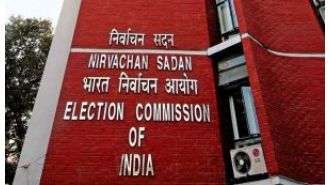Headlines
One of the issues in all of the concerns about “fake news” is the way headlines are used on the Internet. Newspapers and magazines certainly took the construction of headlines into account to drive readers into the stories. But on the Internet, headlines have become that and more. They are the links themselves that fly around the Internet and “convert” someone into coming to your site and reading a story. They are “clickbait.” If we want to address the veracity and authenticity of content on the Internet, we might want to start with headlines.
I’ve had my issues with headlines for years. Many years ago, I allowed a number of publications to repost content I write here at AVC on their online publications. The publication that does that most frequently with my content is Business Insider. You can see the hundreds of posts that BI has republished on my author page at Business Insider. When they started doing this maybe seven or eight years ago, I would notice that they would leave my post intact, verbatim, but rewrite the headline. It would drive me crazy because I view the headline as an integral part of my post. I think about the words I use to title my posts. So I would send them angry emails and most of the time they would change it back. But it was a lesson in the difference between a headline that I liked and a headline that would drive clicks.
I also have seen hundreds of stories written about me, USV, and our portfolio companies that have sensational and often inaccurate headlines followed by stories that are essentially correct and well reported. It drives me nuts but I don’t often do much about it.
It makes me think that someone, or some company, or some open source community ought to build software that parses headlines and the stories that follow and rate them for how well the headline represents the article. That “headline veracity ranking” could then be offered to anyone who presents headlines to readers. That would be social media like Facebook, Twitter, Reddit, etc. That would be email applications and browsers. That would be search engines. Etc, etc, etc.
It would be nice to see some competition in this sector so that one company doesn’t become the arbiter of what is an accurate headline and what is not. That doesn’t sound like a good outcome. But if this is done via open source, or is community powered in some way, this could be a very helpful tool in getting publishers to behave and represent their stories accurately.
And that would be a wonderful thing for the Internet.






